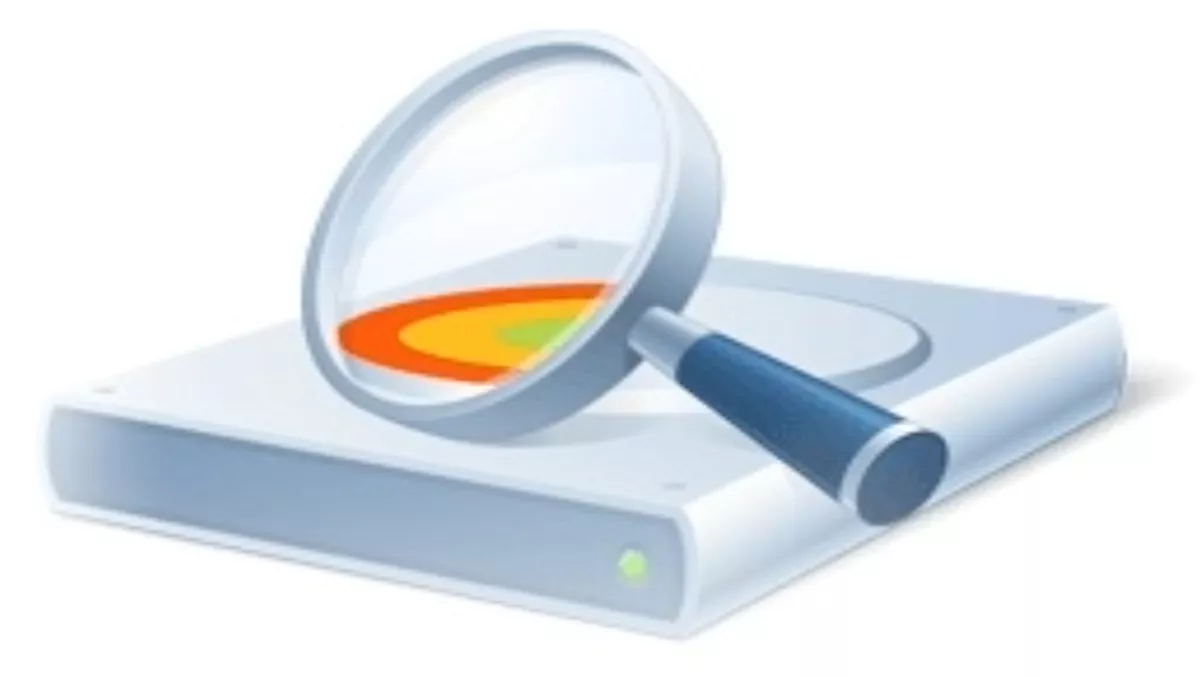
Acronis launches new disk management tools
Both Disk Director 11 Advanced Server and Disk Director 11 Advanced Workstation have been designed to reduce the time IT administrators are required to spend on the essential work of managing and maintaining hard drives for better performance and business data safety.
The new products include support for both Windows Server 2008 and Windows 2008 R2 in the Advanced Server version and Windows 7 in the Advanced Workstation version.
Acronis Disk Director 11 Advanced Workstation is priced at $109.99 and supports Windows 7, Windows Vista, and Windows XP. Acronis Disk Director 11 Advanced Server is priced at $799 and supports Windows Server 2008, Windows Server 2008 R2, Windows Server 2003 and Windows Server 2003 R2.
“IT administrators have a powerful new tool to help better manage and maintain hard drives in a corporate environment, said Lisa Robinson Schoeller, Director of Product Marketing at Acronis. “Using the new Acronis Disk Director 11 products, IT administrators can more efficiently manage partitioning on local and remote machines.”
Key features include:
Dynamic disk support: Spread volumes over several disks, plus convert existing basic disks to dynamic to achieve additional disk reliability for data storage
GPT disk support: Create volumes over 2TB and get additional disk reliability against possible data damage Add or break mirrored volumes: Make a basic or simple volume fault-tolerant in just one action by adding a mirror. If extra unallocated space is needed on a disk containing one of the mirrors, remove a mirror Span volume across multiple physical disks: Optimise the system by combining free space on different hard disk drives and get larger volumes Convert MBR disk to GPT: Use to make a volume whose size is over 2TB or if you need more than four primary volumes on one disk Clone disk to a replacement HDD: Replace basic MBR disks with new ones without reinstalling operating systems and applications Remote management: Powerful and easy-to-use tool for managing disks and volumes on local and remote machines

